Apps on our phones and computers are part of daily life – we all use them in some way for a variety of different purposes. The fact our data is collected by apps isn't anything new but, ahead of the US election in November, new research by Incogni reveals that many apps collect sensitive data such as political and religious beliefs, and some even share this information.
Incogni, owned by one of the best VPN services, Surfshark, analysed the most popular apps on the Google Play store across 36 different categories, based on AppMagic’s 2024 ratings. Dating apps were the most hungry, collecting an average of nearly 15 data points, followed by shopping apps, with an average of 13 data points. 21% of the 3,466 apps analysed, shared data with third-parties.
74 apps were found to collect data on political and religious beliefs. 59 state they collect but do not share this data, while 15 state they collect and share it. Of the 74 apps that were found to collect political and religious beliefs data, 47 were dating apps and 7 were social media.
Incogni’s research found that dating app eHarmony was amongst those using your religious and political belief data for advertising and marketing. Popular dating and social apps Facebook, Messenger, Hinge and Bumble were also found to be collecting this data for "app functionality" purposes.
Questionable justifications
Whilst religious and political beliefs may be important in the matchmaking process, developers also cite analytics, app functionality, and personalisation as justification for their collection – to which political and religious beliefs don’t feel entirely relevant. Analytics are normally used to track app visitors and measure app performance, whilst app functionality purposes means collecting this data somehow helps improve user experience.
There are also different categories of apps that collect this data, despite not having an apparent connection with their general purpose, such as BetterHelp Therapy (a health app) or Klover–Instant Cash Advance (a finance app).
This raises the question of whether these are the real reasons apps are collecting user data. In its report, Incogni is suspicious, stating: "Although most of the apps collecting political and religious beliefs make it optional, it’s still concerning to see the purposes the developers gave, especially considering how questionable so many of those purposes are."
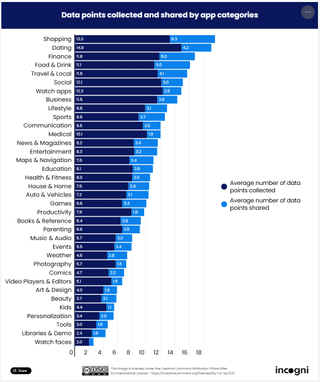
How to combat data collection
It's clear that many apps take liberties with your data, so how can you protect it? Tools like VPNs can help protect your privacy online, but in cases like this, simply encrypting your data isn't enough. Apps like those mentioned here often require your consent to work, and because of this consent, VPNs are not best placed to prevent the collection.
Thankfully, there are steps you can take to limit the amount of personal data that is collected. Firstly, you can look for more private alternatives to apps you use. Read the app’s privacy details and check app permissions to determine what data it's collecting. Check over its data collection policy to make sure you’re totally aware of what you’re signing up to. Asking apps "not to track" can help limit what is shared between apps.
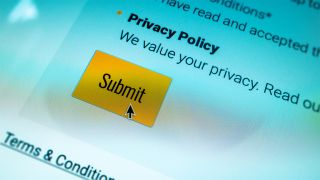
Secondly, data removal services, such as Incogni, Kanary or Optery, help remove your personal data from third-party databases. These services remove your personal information from public websites and private databases by regularly sending removal requests to data brokers on your behalf.
Finally, be cautious about what personal information you share on social media and online. Don’t just focus on posts – polls, games, surveys and many other things gather your information. Always think about what you’re sharing and who could use it.
Alongside calling for "a need for greater transparency and accountability in how apps handle this data," Incogni’s research highlights the depth of personal data that is collected by some of our favourite apps. It’s not just technical information but deeply personal information too, which poses a greater risk to user privacy and security.

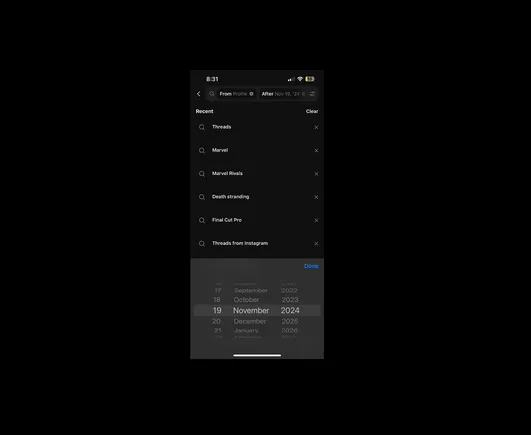
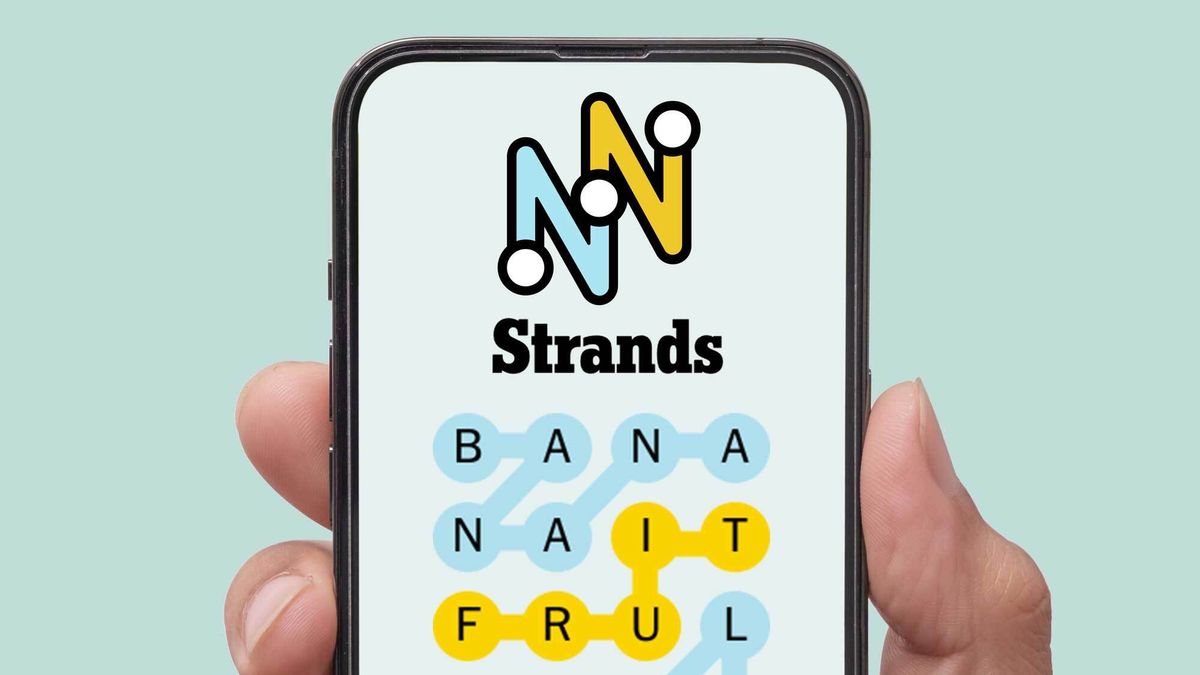







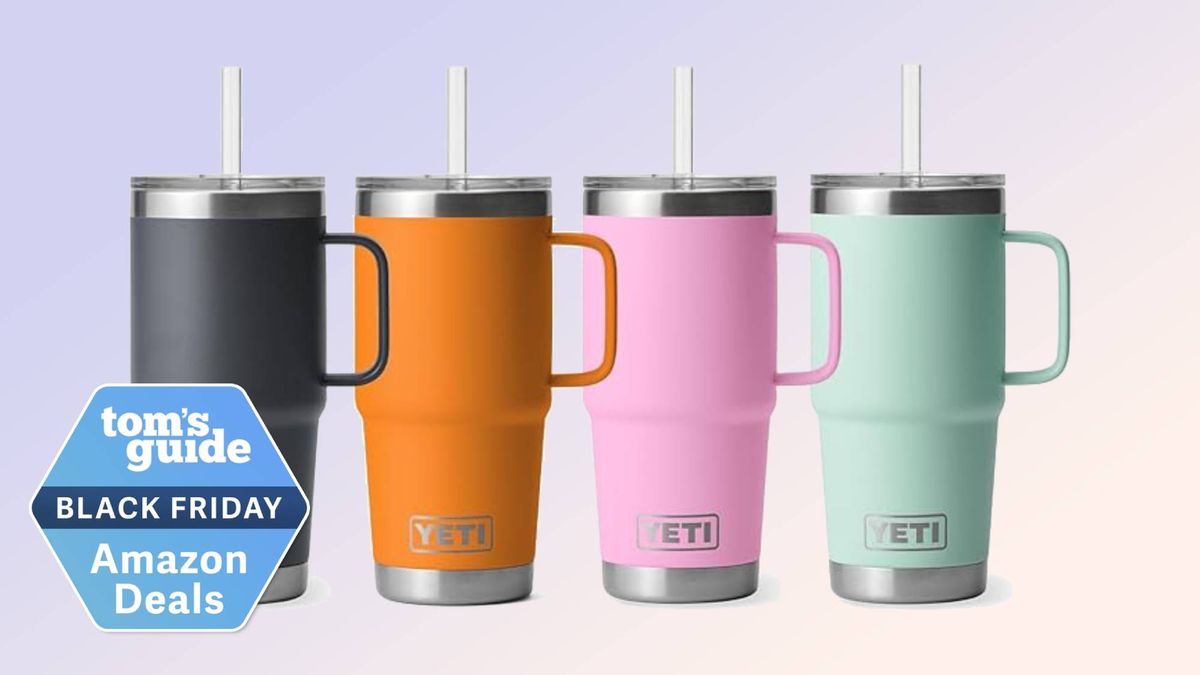










 English (US) ·
English (US) ·